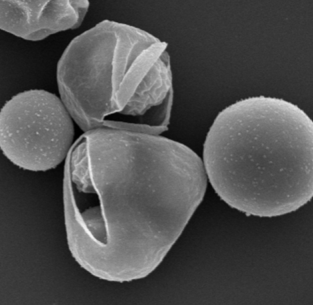About
Prototheca-ID is an open-source, online toolbox for the identification of Prototheca species, based on molecular markers.
Prototheca-ID allows for a fast and reliable identification using the cytochrome b (CYTB) gene partial sequences and the D1/D2 region of the large subunit (LSU) of the rRNA gene sequences. The accuracy of identification is supported by a carefully curated and regularly updated database with 172 validated, high-quality sequences of 87 Prototheca strains, representing all currently known species, including their type (T) strains.
The database also contains some basic information on Prototheca strains, including the isolation source, country of isolation, and collection date. In addition, links to original papers, in which the strains were described or used, are provided.
All sequences, and supplementary information, are easily filtered and extracted from the database, and can be freely used for scientific research and educational purposes.
Should you have any questions or would you like to start a collaboration, feel free to contact us.
